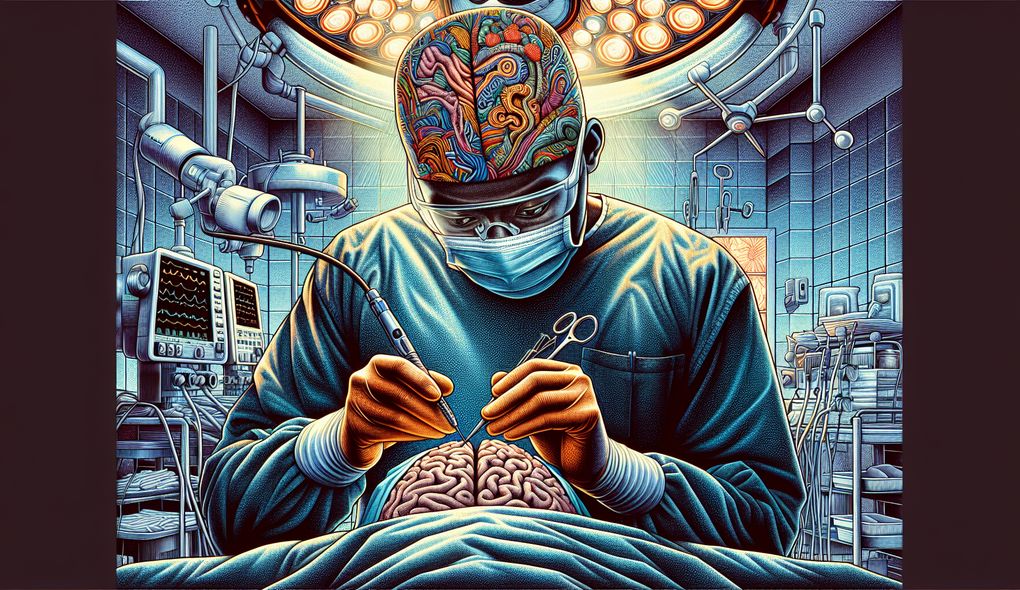How do you provide updates and insights on patient progress and treatment strategies during rounds?
INTERMEDIATE LEVEL

Sample answer to the question:
During rounds, I provide updates and insights on patient progress and treatment strategies by discussing relevant information with the medical team. I share updates on the patient's condition, any changes in symptoms or vital signs, and the response to the current treatment plan. I also provide insights by analyzing the patient's medical history, diagnostic tests, and imaging results to suggest modifications to the treatment strategy if necessary. Additionally, I communicate with the nursing staff to ensure that they are aware of any changes or updates. By actively participating in rounds and sharing my expertise, I contribute to the collaborative decision-making process and help determine the best course of action for each patient.
Here is a more solid answer:
During rounds, I use my effective communication skills to provide updates and insights on patient progress and treatment strategies. I actively engage with the medical team, sharing relevant information including changes in the patient's condition, symptoms, vital signs, and response to treatment. I also analyze the patient's medical history, diagnostic tests, and imaging results to inform the team about any necessary modifications to the treatment plan. For example, if a patient's condition has improved, I can suggest reducing the dosage of medication or exploring alternative treatment options. On the other hand, if the patient is not responding well to the current treatment, I can recommend revising the approach or seeking a second opinion. I understand the importance of collaboration with medical professionals during rounds, and I actively listen to their perspectives and value their expertise. By working together, we ensure that every patient's treatment plan is comprehensive and tailored to their specific needs.
Why is this a more solid answer?
The solid answer expands upon the basic answer by providing specific examples and details to demonstrate the candidate's effective communication skills, collaboration with medical professionals, and ability to provide updates on patient progress and treatment strategies. The candidate's mention of analyzing patient history, diagnostic tests, imaging results, and suggesting modifications to the treatment plan showcases their strong understanding of neuroanatomy and ability to make critical decisions. However, the answer could be improved by providing more examples of specific treatment strategies and insights shared during rounds.
An example of a exceptional answer:
During rounds, I take a comprehensive approach to provide updates and insights on patient progress and treatment strategies. I use a combination of effective communication skills, clinical expertise, and research-based knowledge to deliver meaningful and actionable information to the medical team. I not only share updates on the patient's current condition but also discuss their trajectory, identifying any trends or patterns that may inform the treatment strategy. For example, if I notice that a specific medication has consistently yielded positive results in similar cases, I make sure to highlight this potential treatment option. Furthermore, I actively contribute to the discussion by offering alternative perspectives or raising questions that encourage critical thinking. In addition to verbal communication, I also utilize visual aids such as charts, diagrams, or imaging studies to enhance understanding and facilitate efficient decision-making. By consistently providing updates and insights that are thorough, evidence-based, and tailored to each patient, I play a crucial role in optimizing patient outcomes during rounds.
Why is this an exceptional answer?
The exceptional answer goes beyond the solid answer by emphasizing the candidate's comprehensive approach to providing updates and insights on patient progress and treatment strategies. The candidate showcases their ability to analyze patient trends, offer alternative perspectives, and utilize visual aids to enhance communication and decision-making. The mention of research-based knowledge and tailoring insights to each patient demonstrates their commitment to continuous learning and professional development. The answer is detailed, specific, and showcases the candidate's exceptional skills and expertise in their field.
How to prepare for this question:
- Familiarize yourself with the patient rounds process and the specific expectations of neurosurgeons during these rounds.
- Review cases from your past experience where you have effectively provided updates and insights on patient progress and treatment strategies during rounds.
- Stay up-to-date with advancements in neurosurgical techniques and treatments, as well as relevant research findings.
- Practice clear and concise communication skills, ensuring that you can effectively convey complex medical information to a diverse audience.
- Develop your critical thinking skills to be able to offer alternative perspectives and ask thought-provoking questions during rounds.
What are interviewers evaluating with this question?
- Effective communication skills
- Collaboration with medical professionals
- Ability to provide updates on patient progress and treatment strategies

